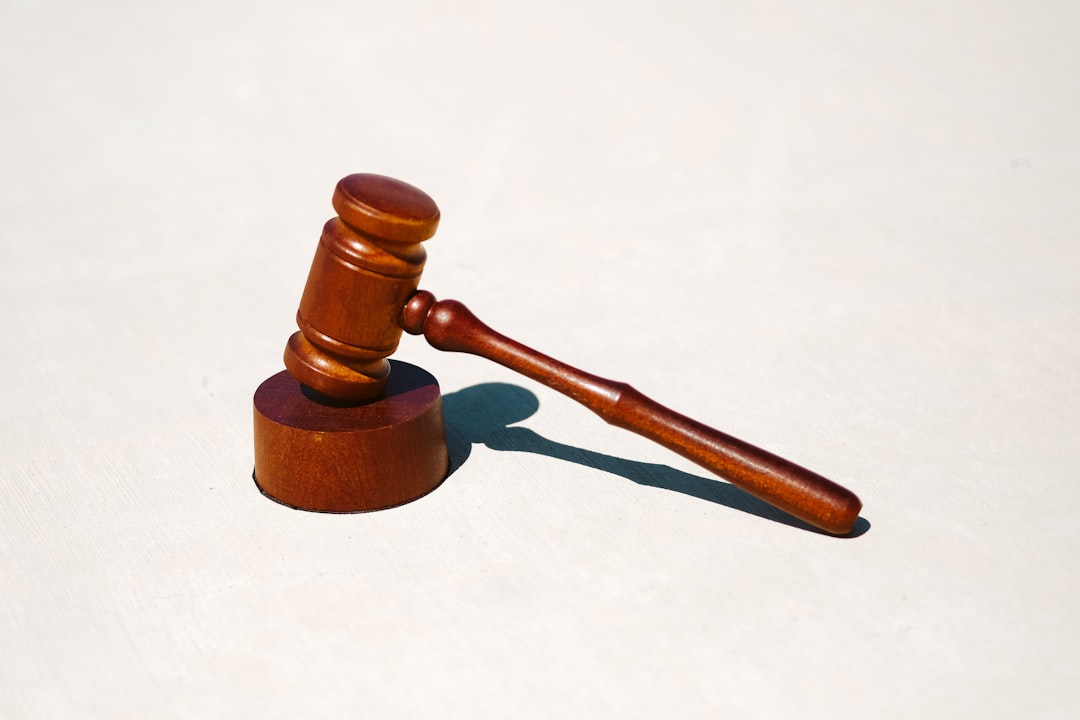In Washington State, sexual assault is a serious crime defined by state laws, covering various non-consensual acts including rape and misconduct. A sexual assault law firm in Washington educates victims on definitions and rights, with consent requiring freedom, specificity, awareness, and enthusiasm. Such firms guide victims through legal complexities, collect evidence, and ensure their rights are protected while pursuing justice against perpetrators. Washington's laws offer victims protections, resources, and legal advocacy services accessible via confidential hotlines and specialized law firms.
In Washington State, understanding the legal definition of sexual assault is crucial for both victims seeking justice and those aiming to defend against such charges. This comprehensive guide explores the state’s nuanced laws, focusing on key elements required to prove sexual assault cases. We also delve into the legal rights and resources available for survivors, highlighting the critical role a sexual assault law firm in Washington can play in navigating this complex landscape.
Understanding Washington State's Legal Definition of Sexual Assault

In Washington State, sexual assault is a serious criminal offense defined by state legislation. The legal definition encompasses a wide range of non-consensual sexual acts, including rape, sexual penetration, and various forms of sexual misconduct. A sexual assault law firm in Washington can provide crucial insights into these definitions to help victims understand their rights.
The state’s laws clarify that consent must be freely given, specific, informed, and enthusiastic. Any act of sexual intercourse or penetration without this clear consent is considered sexual assault. This includes situations where a person cannot give consent due to intoxication, incapacity, or being under the age of 16. The legal framework also addresses various forms of non-penetrative assaults, such as unwanted touching or coercion into sexual acts, ensuring that all instances of non-consensual sexual behavior are addressed under Washington’s sexual assault laws.
Key Elements and Requirements for Proving Sexual Assault Cases

In Washington State, proving sexual assault cases requires a thorough understanding of key elements and legal requirements. A sexual assault law firm in Washington can guide victims through this complex process. The first step involves demonstrating that a harmful act occurred, which includes any non-consensual sexual penetration or sexual contact with another person without their agreement. Consent is a crucial element, and it must be freely given, positive, and ongoing. The victim’s words and actions at the time of the incident are considered in determining consent.
Physical evidence, such as medical records and forensic tests, plays a significant role in supporting the case. These can help establish what happened during the encounter and whether any sexual acts were forced or non-consensual. Testimonies from witnesses or other survivors can also strengthen the victim’s account. A sexual assault law firm in Washington is well-equipped to help victims navigate these aspects, ensuring their legal rights are protected throughout the process.
Legal Rights and Resources for Victims of Sexual Assault in Washington State

In Washington State, victims of sexual assault have specific legal rights and resources available to them. If you or someone you know has experienced sexual violence, it’s crucial to understand these protections. A sexual assault law firm in Washington can provide invaluable guidance and support during this challenging time. They can help victims navigate the legal system, ensure their rights are upheld, and pursue justice against the perpetrator.
The state offers various services designed to assist survivors, including confidential crisis hotlines, medical and mental health care, and legal advocacy. These resources aim to empower victims and promote healing. A sexual assault lawyer in Washington State can help them access these services, understand their legal options, and take the necessary steps to seek compensation for physical, emotional, and psychological damages incurred due to the assault.






